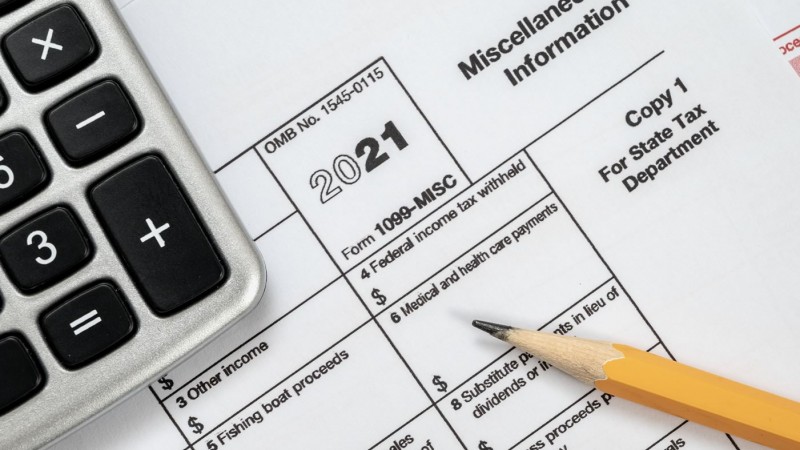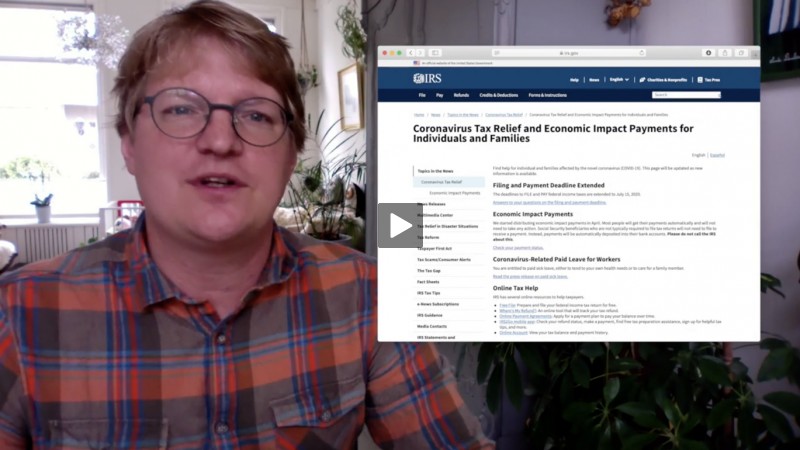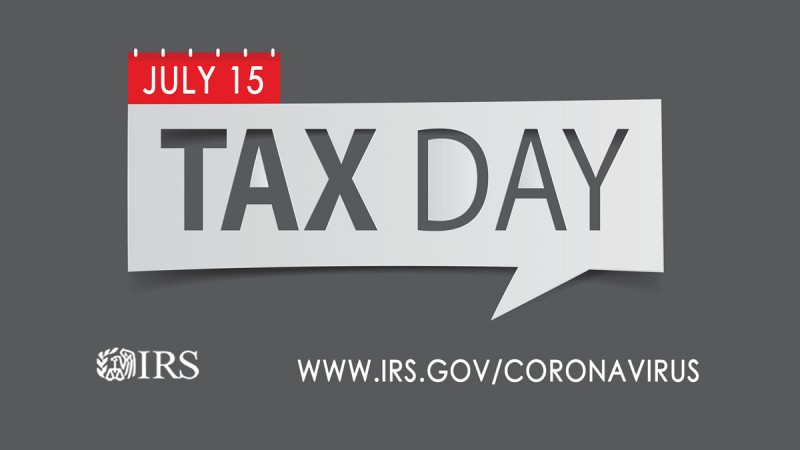Tax Changes for the 2021 Tax Year
- Detalles
- Escrito por The FoolProof Team
- Categoría: Articles

Tax season is here. There are numerous changes to tax law as a result of the December 2020 and March 2021 Covid-relief bills, new laws, and updates. Here is a summary of some of the changes and resources to help you learn more about them.
Taxes are due on April 18th this year for most taxpayers.
Filing Your Return
The IRS began accepting and processing 2021 tax returns on January 24th. Taxes are due on April 18th this year for most taxpayers. In Massachusetts and Maine taxes are due on April 19th. Disaster victims may have later filing dates, check this page to find out more.
Your return will be processed more quickly if you file electronically and use direct deposit to receive your refund. If your adjusted gross income is $73,000 or less, you may qualify to use the IRS Free File guided tax preparation. Free File also has fillable electronic federal tax forms, but you need to know how to prepare your own return. More information about Free File is available here.
If you need assistance with tax preparation, you may qualify for the Volunteer Income Tax Assistance (VITA) or Tax Counseling for the Elderly programs. More information about these programs is available here.
For more tips read about this 5-point checklist to help you file your taxes, and online resources and tools.
Standard Deduction
For 2021, the standard deduction has increased. Single filers can claim $12,550 ($14,250 if they are at least 65 years old). Head-of-household filers can claim $18,800 ($20,500 if at least 65). Married couples filing jointly can claim $25,100, plus an additional $1350 for each spouse 65 or older.
Child Tax Credit
For 2021, the child tax credit was increased to $3000 for children ages 6 to 17 and $3600 for children 5 years old and younger. The amount is reduced to $2000 per child if your modified adjusted gross income exceeds these limits: $150,000 for married couples filing jointly, $112,500 for heads of household, and $75,000 for single filers. The credit may be further reduced for incomes higher than $400,000 on joint returns and $200,000 for singles and head of household returns.
Many families received advanced payment of half of the tax credit in monthly payments from July to December. They can claim the other half on their tax returns. They will also have to reconcile the amount received with the amount they are actually entitled to claim.
For more details about the child tax credit and advance payments, check out this FAQ from the IRS.
Child and Dependent Care Tax Credit
For 2021, this credit may be claimed on qualifying employment-related expenses of up to $8000 for one qualifying person and $16000 for two or more qualifying persons. The maximum credit is increased to 50 percent of the employment-related expenses up to $4000 for one qualifying person or $8000 for two or more qualifying persons. The adjusted gross income level at which the credit percentage starts to phase out is $125,000.
This FAQ from the IRS can help you determine if you are eligible and how to calculate the credit.
Recovery Rebate Credit
A third stimulus payment was issued in 2021. If you did not receive it or received less than the full amount, you may be eligible to claim a Recovery Rebate Credit on your 2021 tax return. More information about the credit is available here.
Earned Income Tax Credit (EITC)
This credit helps low to moderate income workers and families get a tax break. For 2021, more workers without a qualifying child will be able to claim the EITC including younger and older taxpayers. The income limits vary depending on filing status and the number of qualifying children. The maximum credit amount that you can claim is $1502 for no qualifying children, $2618 for one qualifying child, $5980 for two qualifying children, and $6728 for 3 or more qualifying children. More information about the EITC can be found here.
By law, the IRS must wait until mid-February to issue refunds to taxpayers who claim the EITC.
Charitable Gift Deductions
If you don't itemize, you can still deduct charitable cash contributions. To use this "above-the-line" deduction you must claim the standard exemption. For 2021, you can deduct up to $300 of charitable cash contributions per person. This means that married couples filing a joint return can deduct up to $600.
Other Tax Changes
These links provide information about some of the other tax changes.
- Retirement Plans
- American Opportunity Tax Credit for qualified education expenses
- Lifetime Learning Credit
- Adoption Credit


































